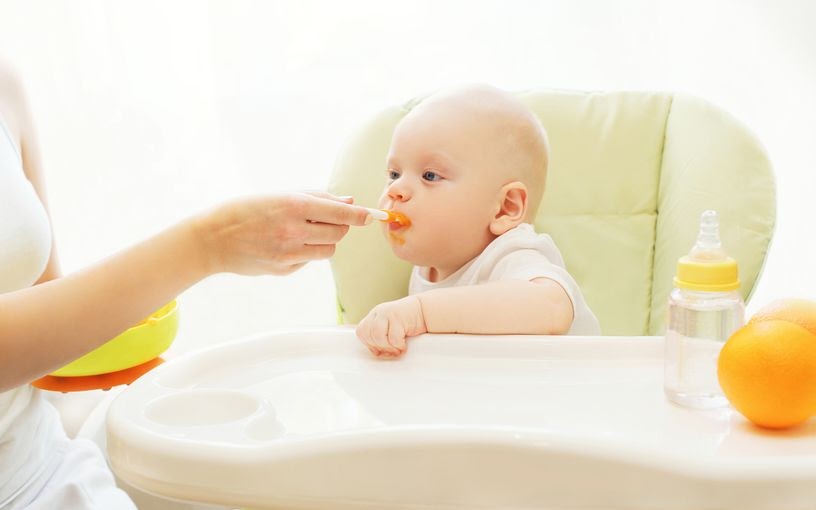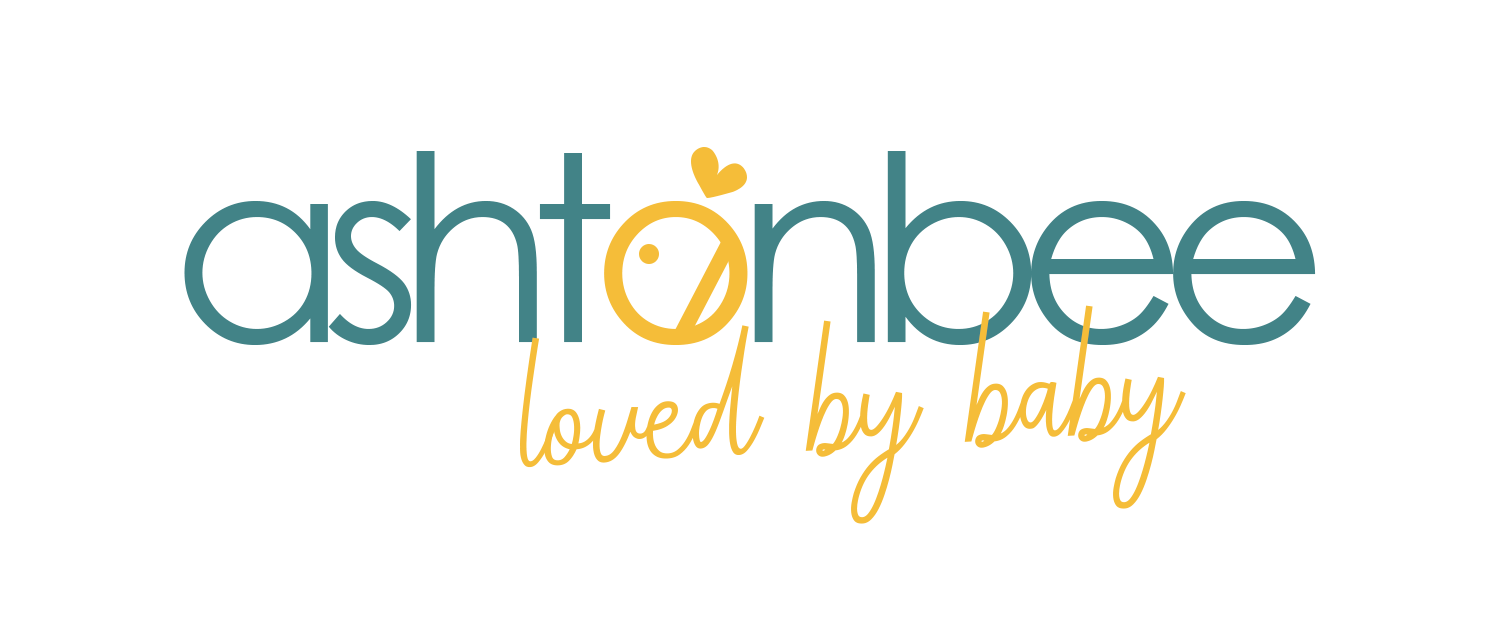
It’s every parent’s worst nightmare when their baby develops a food allergy. Symptoms can range from mild reactions such as hives and sneezing to more severe ones such as anaphylaxis, a potentially life-threatening condition. While some allergies are hereditary, others may result from contact with food allergens early in life. Fortunately, there are ways to help lower your baby’s risk of developing food allergies.
Let us dig deeper into the signs your baby is suffering from food allergies and how to address and avoid these instances. Parents can help ensure that their children have a healthy and happy childhood by being proactive. After that, you can enjoy sumptuous dishes with your baby using cute baby spoons!
The Red Flags of Baby Food Allergies
Although some signs of allergic food reactions are minor, they can turn into major and life-threatening ones for some. As an observant parent, you’ll know when there is something off or different about your child, but look for these red flags just to be sure. When your little one exhibits these signs, they may be suffering from food allergies.
Sensitivity to certain kinds of food
Sensitivity to food does not begin when your little one begins to take in solids. You can start to see signs of food allergies during breastfeeding. Some of the most common causes of food allergies are the following:
- Different kinds of nuts and nut products, like peanut butter
- Dairy products
- Shellfish and fish
- Chicken and eggs
When you eat these foods when breastfeeding, they can trigger an allergic reaction in your baby. If you notice any reaction, no matter how mild, it’s best to stop eating whatever food may have caused it and contact your baby’s doctor.
Difficulty breathing and even anaphylaxis
Difficulty breathing and even anaphylaxis are major symptoms of an allergic reaction, which can be a matter of life and death if not addressed immediately. When you notice a change in the breathing rate of your little one after feeding them any of the food mentioned above or introducing new meals, immediately perform first aid and call the doctor.
Raised heartbeat
When the body experiences food allergies, the food is not recognized as it is but as a foreign body that needs to be expelled. In this process, the heart gets worked too. Together with a difficulty in breathing, your little one may experience palpitations. Waste no time, and seek medical help right away.
Vomiting and diarrhoea
Food allergies and intolerances are two different conditions. Allergies are more severe as they trigger the immune system to treat food as the enemy, while food intolerance is simply the body’s inability to digest a certain food. Yet, both can have vomiting and diarrhoea as symptoms, so to be sure, it is best to look for other signs or schedule a checkup with an expert.
Hives and eczema
Your baby’s skin can also indicate when they are having an allergic reaction to a specific food. The most common signs are hives and eczema. Hives are red patches that can appear in different body parts, while eczema looks more like wounds and dry red skin. Both are very itchy, so you’ll notice your child scratching if they’re able to. Babies who cannot scratch will squirm.
Swelling of the face, areas around the eyes, and lips
Symptoms of allergic reactions to food can go from minor to major with swelling of the face, areas around the eyes, and the lips. Unfortunately, these signs often go hand in hand with other life-threatening conditions like difficulty in breathing and increased heart rates, which need immediate medical intervention to keep your baby safe.

Ways to Address and Prevent Food Allergies
Since food allergies can be life-threatening, especially to babies and kids, addressing them right away and preventing them altogether is a must for every parent. Statistics show that 5.6 million children suffer from food allergies in the US alone. It is very common, and if your child experiences it too, make sure you know what to do.
Try and breastfeed
The safest way to keep your little one from food allergies in their early months is to go for the most widely taken in baby food—breast milk. Nevertheless, there is still a chance they may have allergic reactions, especially when you ingest the common foods that can cause allergies as detailed above. Hence, it is best to eat healthy foods that do not trigger allergies when breastfeeding.
Use the right medication and have a treatment plan
If by any chance, your little one is diagnosed with food allergies after a checkup, it is a must to follow the medication and treatment plan given by the allergist. If the condition is bad, the doctor will surely prescribe epinephrine auto-injectors. Stick to the skin, blood, or food intake testing plan that your child will undergo to pinpoint the allergy triggers and keep your little one from eating them.
Feed your baby the right food at the right time
When you already have a list of the food your baby is allergic to, listen to the doctor on how you should serve them. Some specialists suggest feeding your little one the food they are allergic to bit by bit, so their immune system can learn to tolerate them. However, when the effects from the food are major, your doctor can also recommend avoiding it completely.

Scoop Good Food Using Ashtonbee Baby Spoons
Most parents will agree that food allergies can be a scary and frustrating ordeal. With education about the signs of allergies and addressing and avoiding them, you and your little one can get through this.
With that, leave no room for sadness and fear, and feed your baby the right food using Ashtonbee’s baby spoons and plates! Using our baby utensils and dishes will surely turn the worry into excitement. If your little one is diagnosed with food allergies, they may not eat certain foods, but mealtimes will still be enjoyable when you have the most practical and the cutest baby spoons and dishes. So get them here at Ashtonbee!



